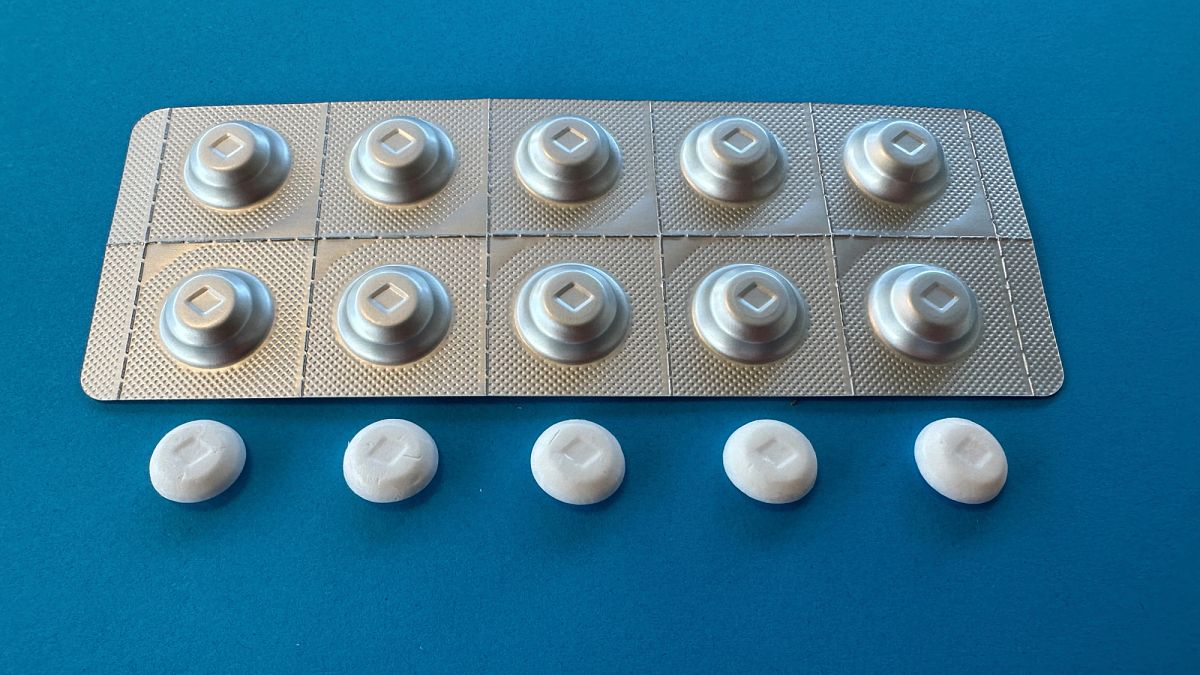

In recent developments within the world of mental health treatment, a new study has shown promising results for the use of LSD in alleviating anxiety symptoms. Conducted by a drugmaker focused on innovative therapeutic approaches, the research specifically targeted individuals battling generalized anxiety disorder.
Generalized anxiety disorder, a condition characterized by persistent and excessive worry about several different things, affects millions of people globally. Traditional treatments often involve a combination of therapy and medication, which, while effective for many, do not work for everyone. Thus, there is an ongoing search for alternative treatments that can provide relief to those for whom conventional methods fall short.
The study in question examined the effects of lysergic acid diethylamide, commonly known as LSD, on anxiety symptoms. This psychedelic substance, once popularized in the 1960s and relegated to the counter-cultural movement, is being revisited by scientific communities for its potential mental health benefits.
The researchers behind this study administered controlled doses of LSD to participants diagnosed with generalized anxiety disorder. The results were noteworthy, indicating a significant reduction in anxiety symptoms among many of the subjects. These findings suggest that LSD could offer an alternative pathway to easing the burdens of anxiety for some individuals.
It is crucial to understand that these findings are part of an emerging field of research that examines the therapeutic potential of psychedelics. Psychedelic therapy represents a novel approach that diverges from traditional pharmacological treatments, taking advantage of the mind-altering effects of these substances to open new avenues in mental health management.
The renewed interest in psychedelics is supported by advancements in clinical research and a growing body of evidence suggesting their efficacy in treating a variety of conditions. Besides anxiety, studies are exploring the role of psychedelics in managing post-traumatic stress disorder, depression, and other mental health ailments. These clinical insights are helping to reshape the narrative around substances that were once vilified, offering a more nuanced understanding of their potential benefits when used responsibly under professional supervision.
While the results of this study are promising, experts stress the importance of conducting further research to fully understand the implications and optimal application of LSD in therapeutic settings. The complexities of psychedelic therapy require careful consideration of dosage, individual psychological profiles, and the environment in which treatment is administered to ensure the safety and efficacy of the intervention.
Moreover, as research progresses, it is essential to address the regulatory challenges associated with bringing psychedelic treatments into mainstream medicine. Policy frameworks will need to adapt to incorporate these novel treatments while ensuring patient safety and ethical standards.
In conclusion, the recent study shedding light on LSD’s potential to mitigate anxiety symptoms marks another step forward in the quest for more effective mental health treatments. It reinforces the idea that unconventional approaches, grounded in robust scientific research, could play a vital role in enhancing the quality of life for those grappling with mental health disorders. As this field of study expands, it holds promise for a future with more inclusive and diverse treatment options that cater to the unique needs of individuals worldwide.
Source: {link}
